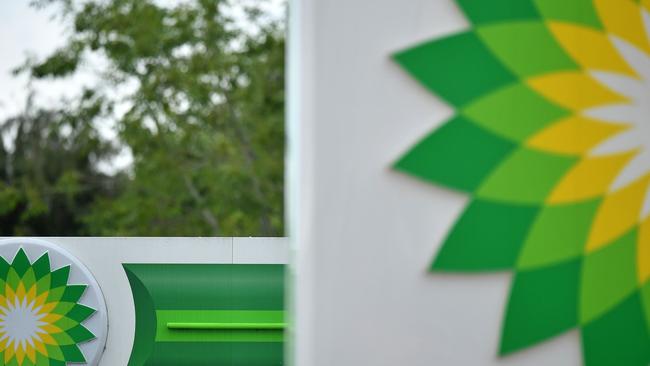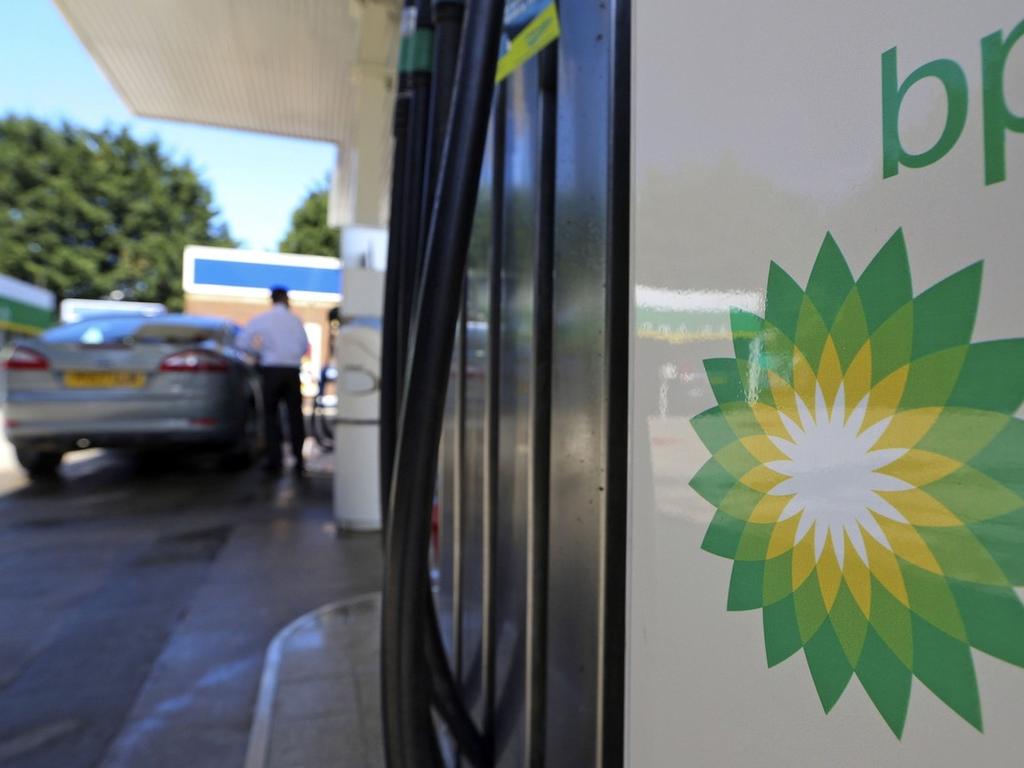BP to consider carbon emissions in future investment decisions
BP and Shell are both thought to hold concerns about the high carbon content of the Browse development.

Energy giant BP, owner of stakes in the North West Shelf and Browse LNG projects in Western Australia, plans to carefully consider carbon emissions as it weighs up future investment decisions in oil and gas projects.
BP signalled a gloomy outlook for the global energy industry this week after taking a writedown of as much as $US17.5bn ($25.7bn) on Monday and warning it may leave oil and gas in the ground, amid a fast-moving transition away from fossil fuels due to climate change.
The energy operator plans to hit net zero carbon emissions by 2050, repositioning its business away from fossil fuels to a wider array of energy sources and raising questions over its appetite to proceed with a carbon intensive project like Browse.
“We price carbon to all of our investment decisions that we make and that’s currently at a $40 a tonne real price,” BP Australia’s director of policy, environment and community affairs Tzila Katzel told a Carbon Market Institute briefing on Friday. “Obviously that impacts both our oil and gas operations but also any investment that we might make in other types of energy that are not oil and gas.”
The decision by Chevron to sell its stake in the NW Shelf LNG venture may spark a major shake-up of WA gas ownership by either handing an existing joint venture partner including BP the chance to double their stake or through the introduction of a new third party.
With four NW Shelf partners also owners of the Browse project, Chevron's move could pave the way for the long delayed $US20.5bn project to get off the ground after it was deferred earlier this year due to the oil crash, Goldman Sachs said. Chevron was named by Woodside as a partner that had at one point held up plans to process Browse gas through the LNG hub.
One complicating factor is that BP and Shell are both thought to hold concerns about the high carbon content of the Browse development, particularly given their global shift to less polluting sources of energy.
To ease concerns, Woodside has proposed adding a carbon capture facility to Browse with a sequestration component to be included from the start of operations rather than 10 years into the project as originally forecast.
BP said carbon capture could be part of a global solution to cut emissions while warning costs still needed to decline for it to become competitive. Woodside said in March the break-even cost for carbon capture at Browse is “just north” of $100 a tonne.
“Carbon capture and storage has been around for many years, over 20 years possibly, and we know how to do it. But we just need to do it at scale, we need to do it at pace and we need to see how we can drop costs,” Ms Katzel said. “We see a big role for carbon capture and storage to play in decarbonising the current value chain, especially in gas.”
Chevron is close to reaching full operations at its $2.5bn underground carbon capture and storage project at WA's Gorgon project which aims to cut emissions by 40 per cent while Santos is pursuing a sequestration plan for its Cooper Basin fields in South Australia.
Still, Woodside faces a number of obstacles for Browse carbon capture and storage given its remote location including cost, according to consultancy Wood Mackenzie.
BP said this week it will also review whether to develop some of its exploration prospects, raising the prospect of valuable oil and gas deposits being left untouched as it switches focus to more climate-friendly supply sources.
The downbeat announcement will stoke concerns among some investors that fossil fuel producers face the risk of stranded assets as pressure grows to respond more quickly to global warming.
The oil major will detail its strategy in September to achieve emissions reduction targets and Ms Katzel said it was clear much more needed to be done within the industry.
“Clearly we have a way to go. Carbon emissions are still increasing in the atmosphere, so the need to put plans together and a solid strategy and persevere for net zero outcome by 2050 is becoming more critical than ever.”





To join the conversation, please log in. Don't have an account? Register
Join the conversation, you are commenting as Logout